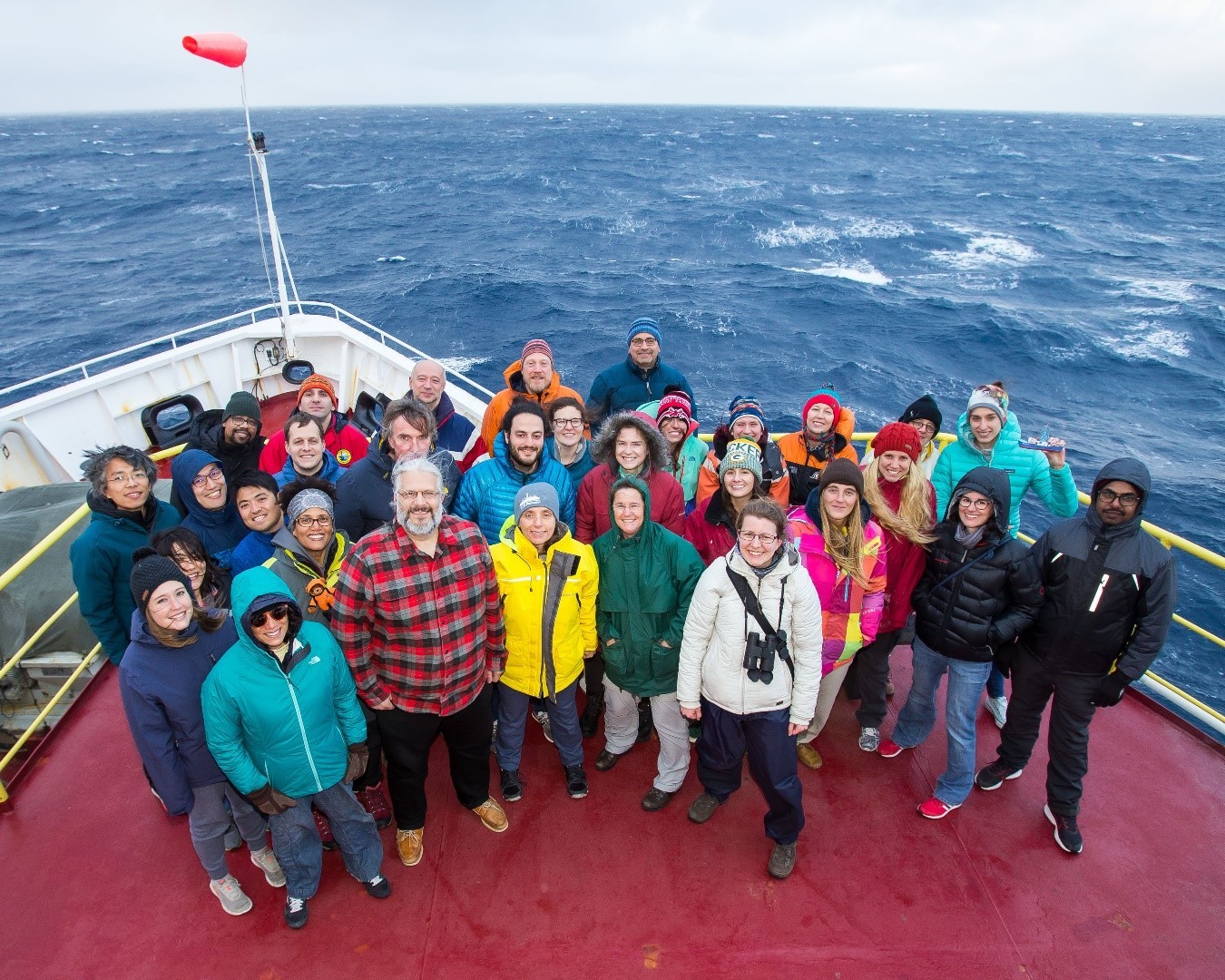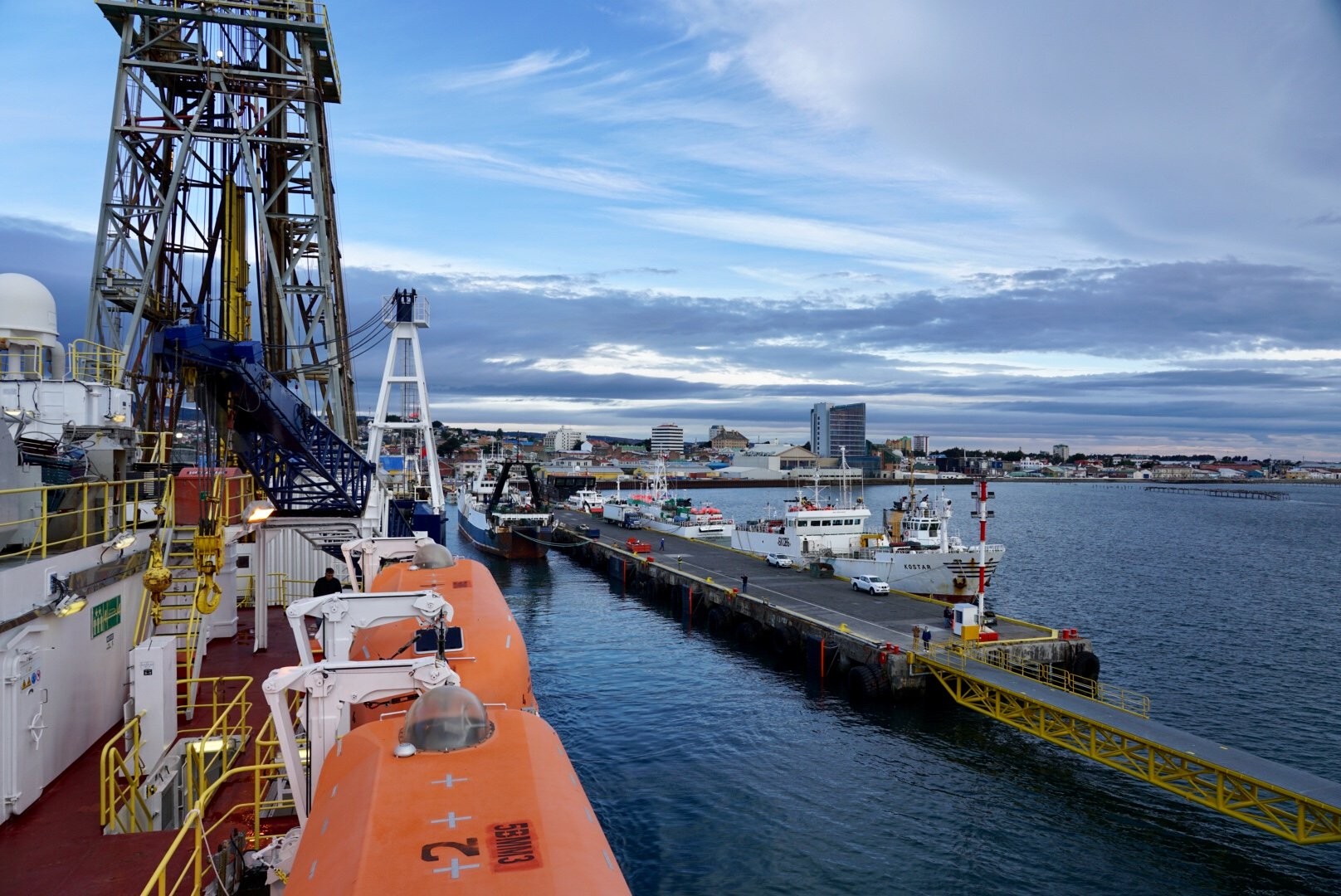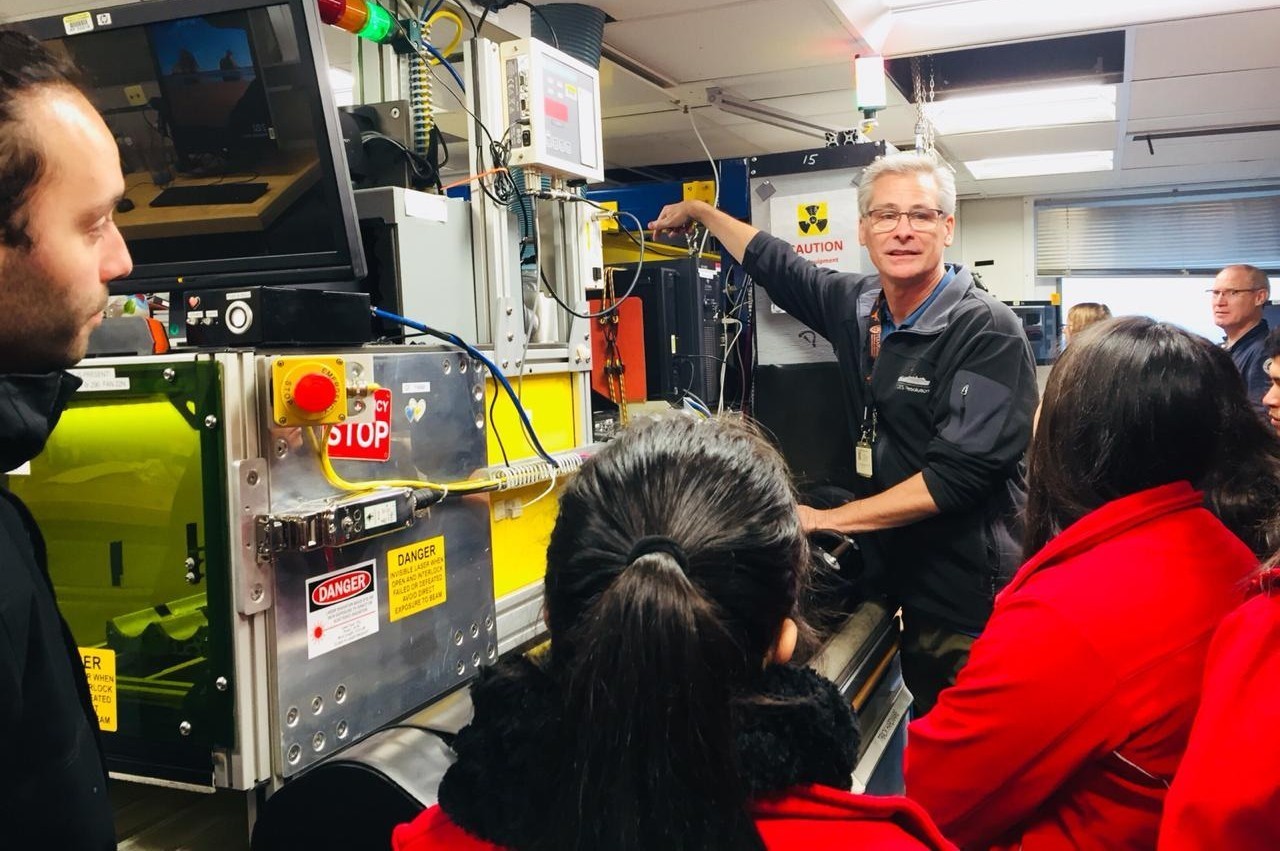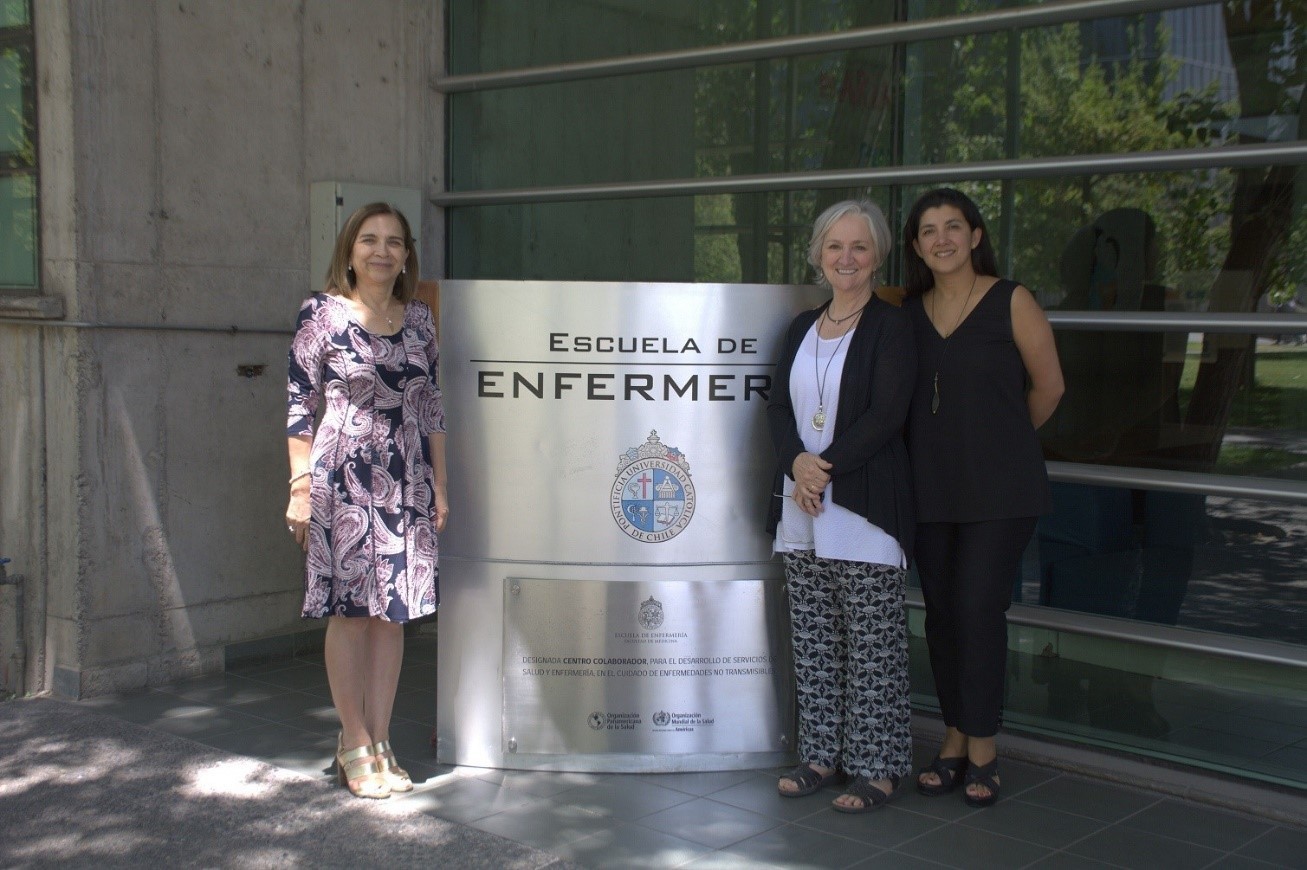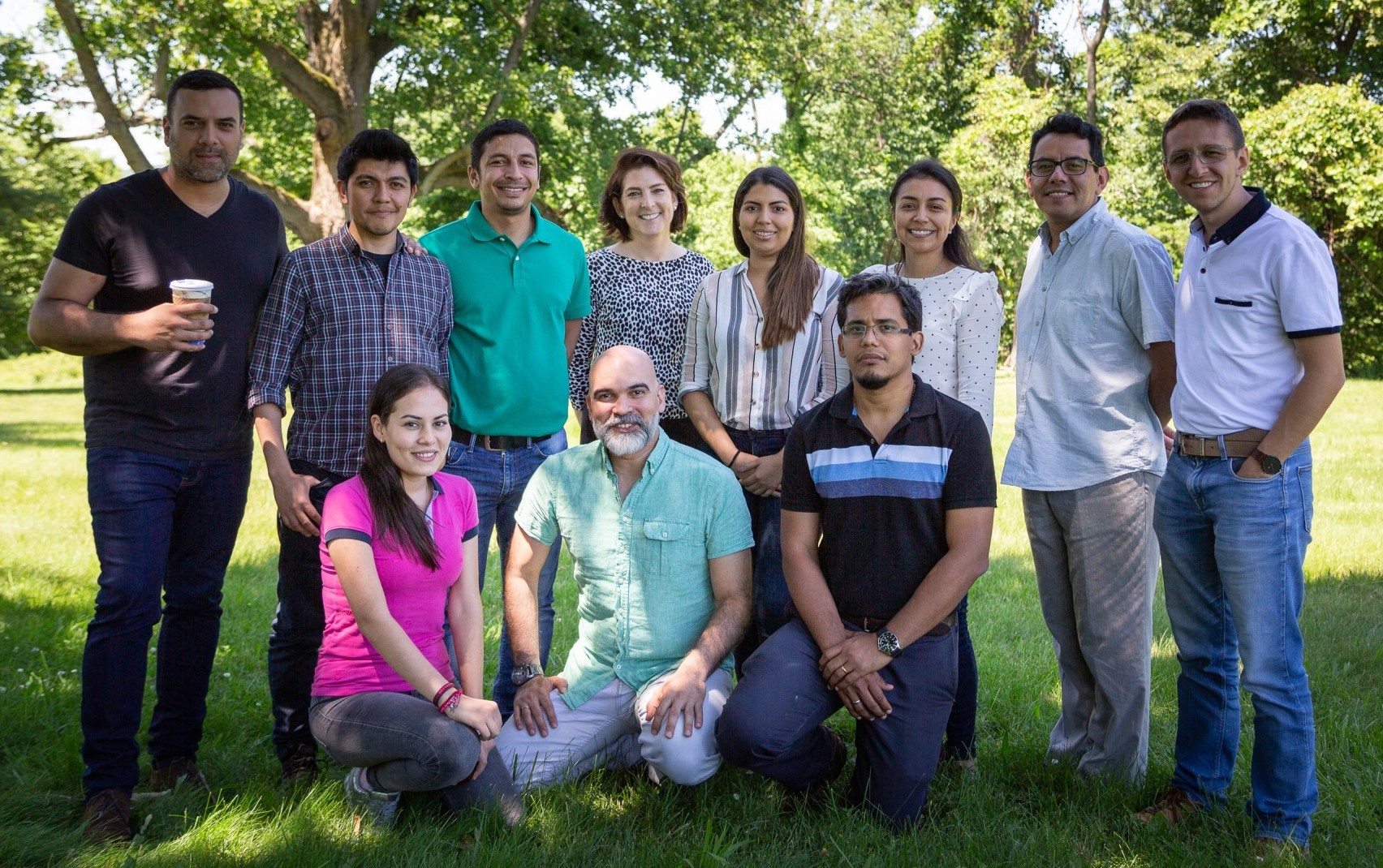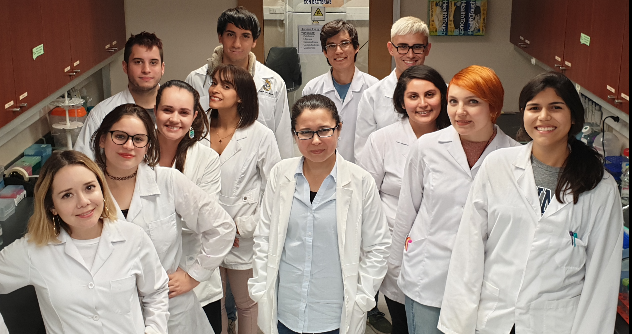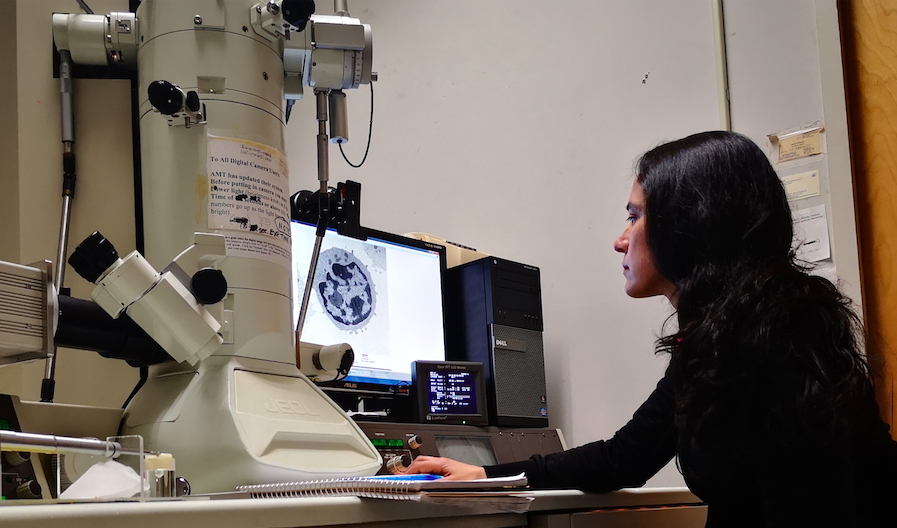Chile is considered a natural lab for researchers in several fields related to Earth Sciences, including climate, volcanology, glaciology, seismology, and renewable energies, among others. In past years, the Center has held several public events featuring scientists, faculty members and researchers from the Earth Institute’s Lamont Doherty Earth Observatory (LDEO). In addition to these programs, many Columbia scientists continue collaborating with Chilean counterparts in research projects in this field.
Columbia University faculty and their Chilean counterparts are increasingly interested in collaborative research projects and initiatives; however, due to the Covid-19 pandemic, the vast majority of this work has moved online. Such is the case for the three latest projects that were awarded financing from the President’s Global Innovation Fund (PGIF): addressing research gaps on sexual minority health in Chile, led by the Associate Dean for Global Health at Columbia’s School of Nursing, Tonda Hughes; the massive entry of renewable energy in Chile, directed by Dylan Possamaï, Assistant Professor of Industrial Engineering and Operations Research.
Related News
Welcoming David Petit, 2024-2025 Emerging Scholars Fellow at the Santiago Center
He will advance research on inequality, digital gaps, and social inclusion of older adults in Chile.
Santiago Center Presents Columbia-Chile History Book at Maipú School
The book's chief editor, Carla Magri, discussed the book production process with 5th-grade students.
Call for Applications: Columbia Graduate Students for Field Research in Chile
Columbia University Masters and Ph.D. students are encouraged to apply for funding until May 15, 2024.
